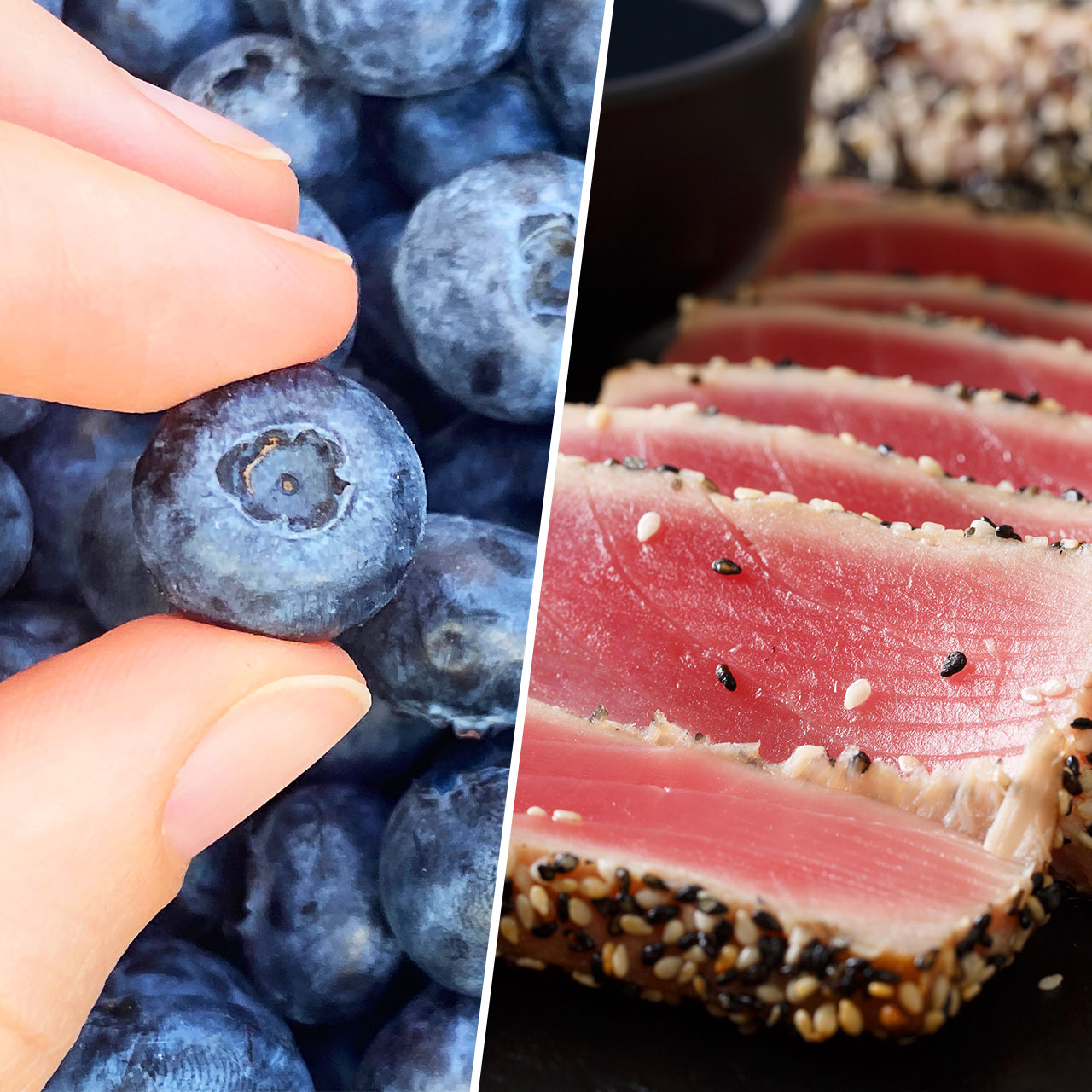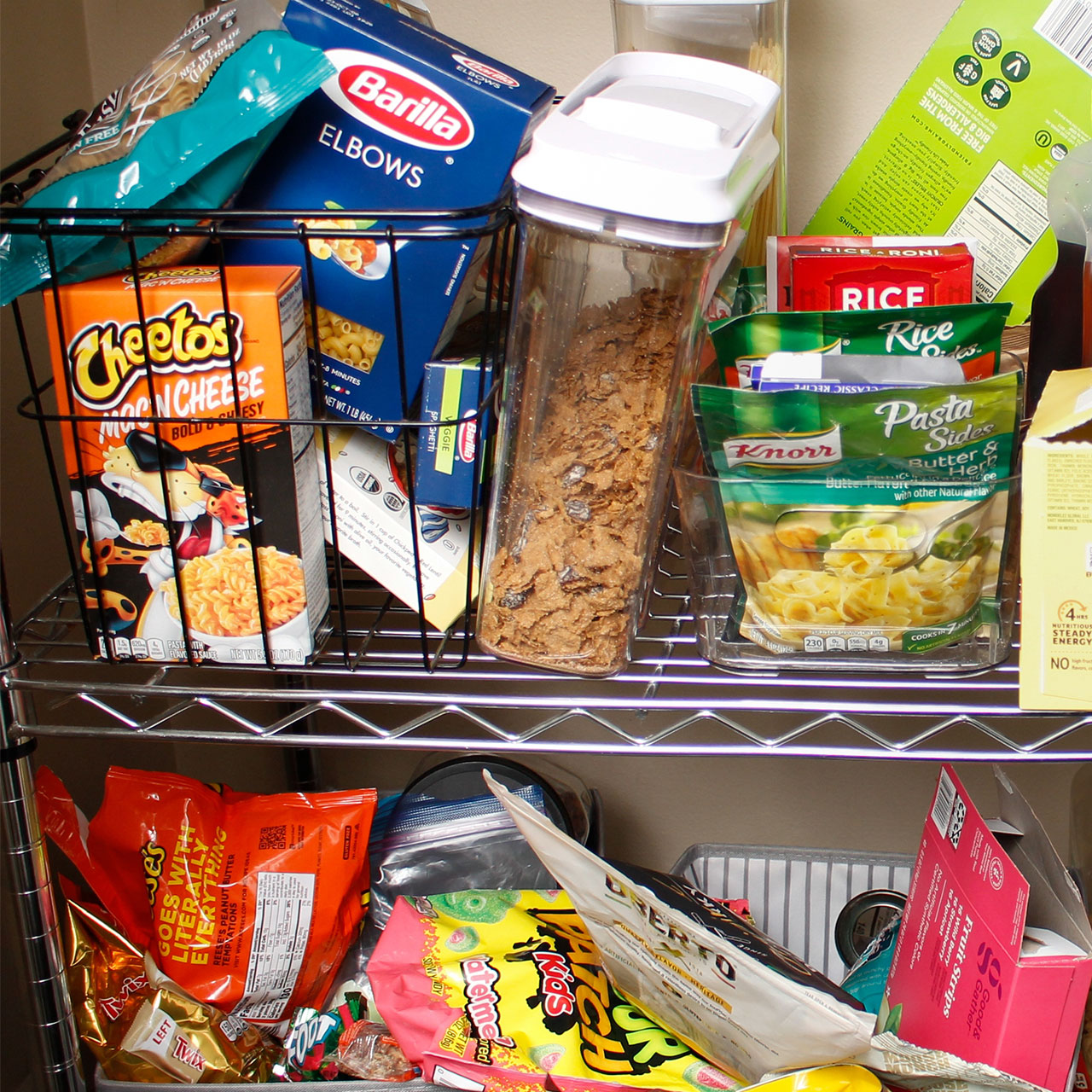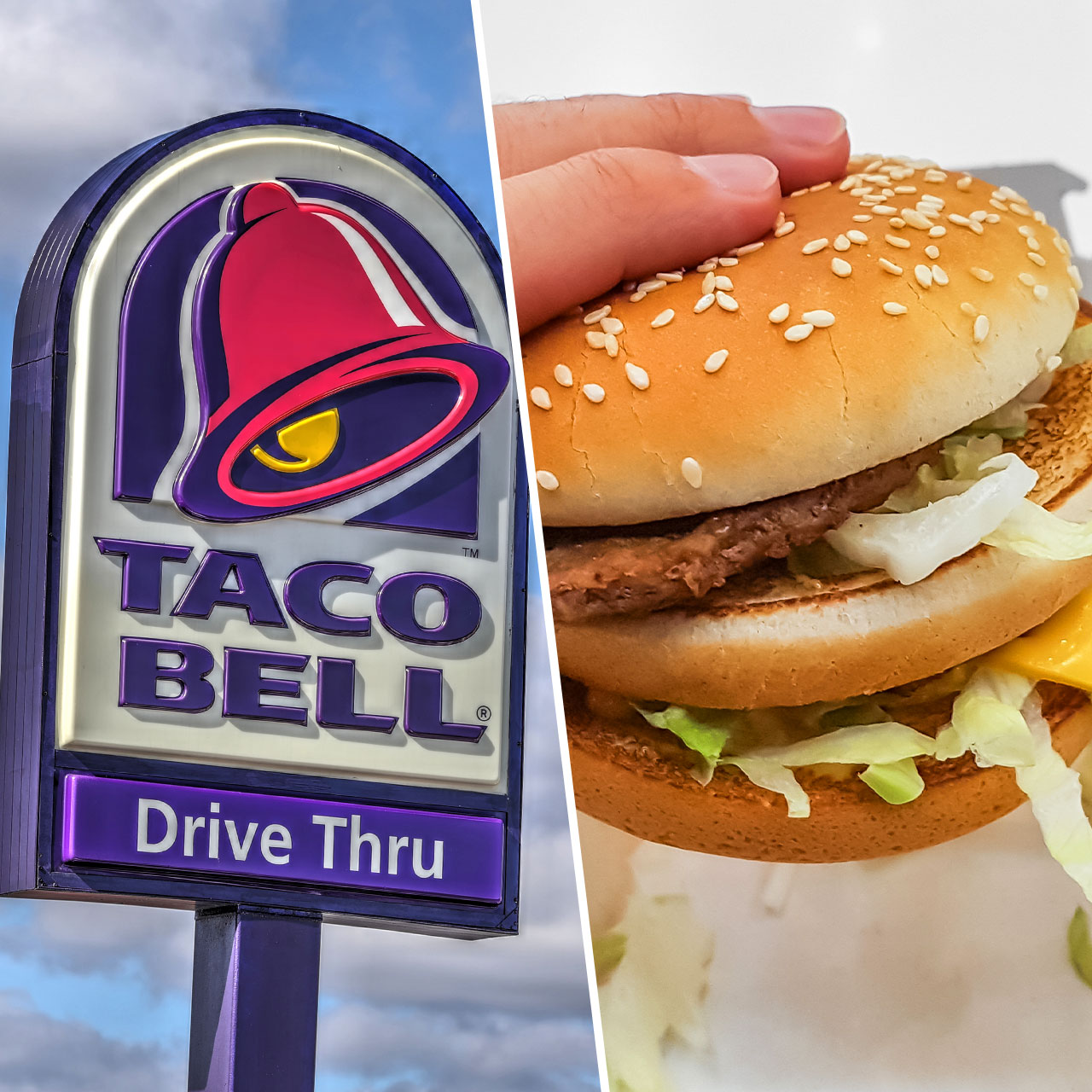This is an archived article and the information in the story may be outdated. Please check the time stamp on the story to see when it was updated last.
Dropping pounds takes a lot of effort and it’s important to make sure your weight-loss plan doesn’t have any holes in it. All of your hard work resisting pizza and chips won’t be worth much if your vitamins are sabotaging your diet. As it turns out, too much or too little of certain ones could actually be slowing your weight loss.
[Photos: Shutterstock]

Calcium
There are plenty of foods to add calcium to your diet, but it still might not be enough. A study in the American Society for Nutritional Sciences Journal of Nutrition reports that calcium revs up metabolism to burn fat faster. Women in the study got the biggest fat-burning benefit when they consumed three servings of dairy and 1,200 milligrams of calcium a day.
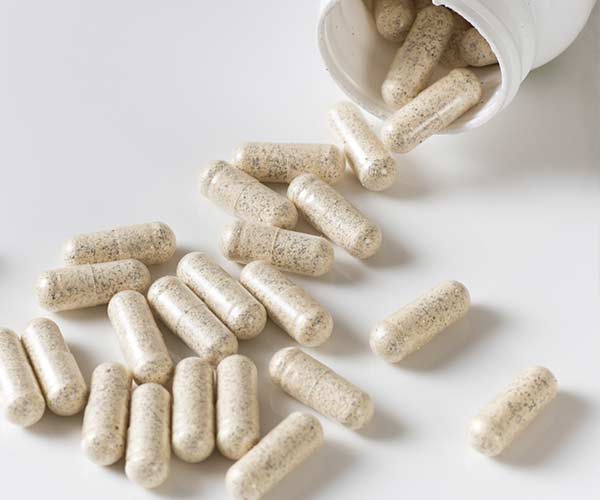
Iodine
Having too little iodine can cause your thyroid – the gland in your neck that regulates metabolism - to slow down. Dr. Jennifer Stagg, a naturopathic physician and author of Unzip Your Genes: 5 Choices To Reveal A Radically Radiant You, says it’s common to suffer from iodine deficiency because of sea salt. Huh? “Dietary iodine comes from iodized salt and seafood,” she says. But the fancy salt choices we have today don’t contain iodine.

Iron
Our bodies need iron to deliver oxygen to our muscles, says Dr. Venus Ramos, MD. “So if you’re deficient in iron, you may get easily fatigued,” she says. And when you feel like a sloth, you'll choose Netflix over hitting the gym for a spin class. If you’re not into liver and spinach, and can’t stomach another bowl of beans, then iron supplements are the right choice for you.
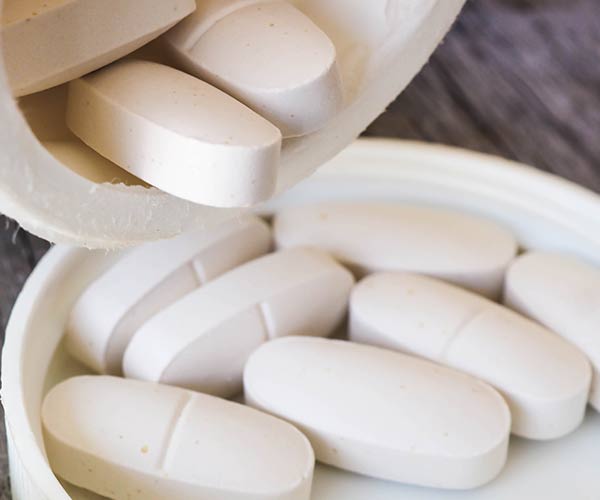
Magnesium
It’s all about getting some good zzzs. “Magnesium has a natural calming effect on our bodies,” says Dr. Ramos. In medical lingo, it helps to turn on our relaxing parasympathetic nervous system so we snooze soundly. In everyday lingo that means we need to have 7 to 9 hours of sleep on a regular basis. When we don’t give our bodies time to recharge it could lead to a decrease in the appetite-control hormone leptin plus an increase in the appetite-stimulating hormone ghrelin, she says. “Additionally, magnesium supports the brain’s sensitivity to leptin which triggers your sense of feeling full," Dr. Ramos notes.








